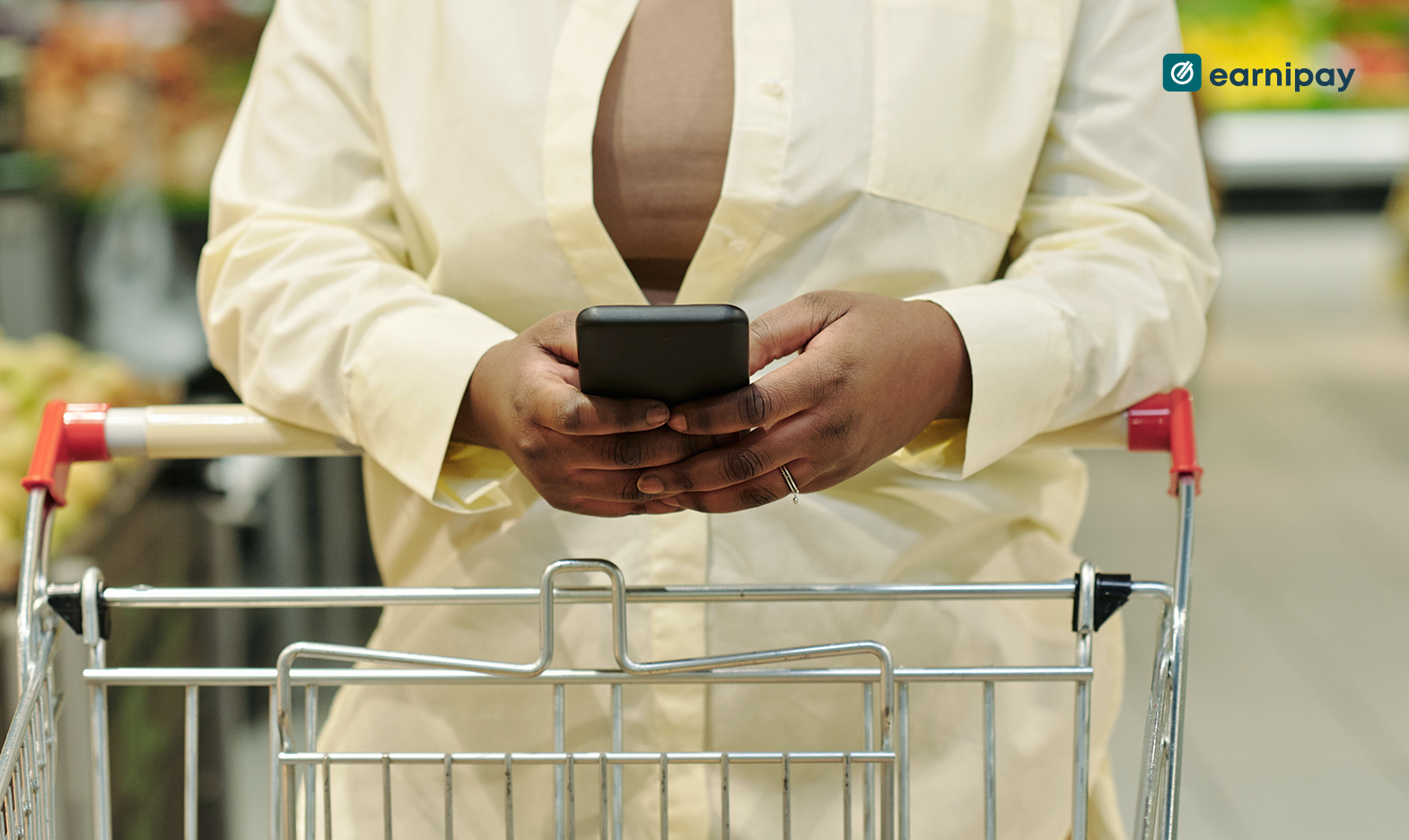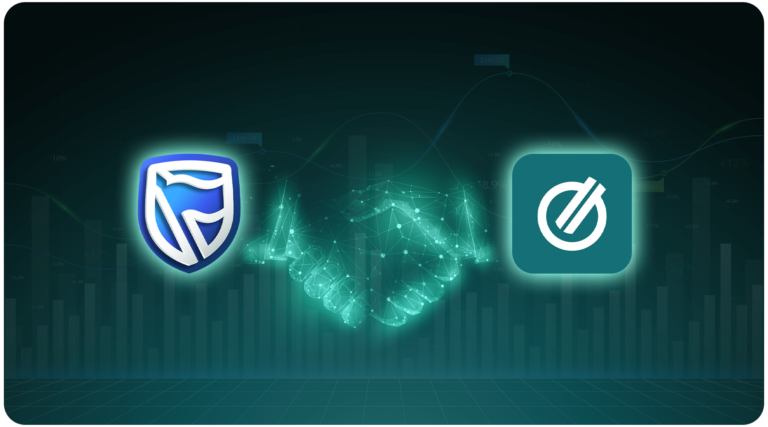Nigeria’s inflation
Visiting supermarkets and local markets in 2024 has meant bracing yourself for new prices but somehow, even be more shocked when it’s time to pay. Imported food inflation in Nigeria rose to its highest level according to the National Bureau of Statistics, reaching 29.8% in February 2024 from 26.3% recorded in January.
You walk out of the store feeling unsure of what has happened. Getting around costs you N2,000 more for your regular route. Did Pringles always cost N5,000? The morning after a night out? You remember what you had, but the debit alerts make you wonder otherwise. As per the National Bureau of Statistics (NBS), food and non-alcoholic beverages accounted for 16.42% of the overall inflation rate.
Maybe you’ve been putting off buying a car or going on holiday in the hope prices go back to where they were before the Naira’s free fall, but the money has doubled. Between food and fuel, many Nigerians have their budgets stretched thin.
These prices, when they go up, they tend not to come down.

While Global Inflation Dips, Nigeria Remains Unaffected
Inflation is influenced by factors ranging from domestic policies to global market dynamics. Though global inflation hit historic levels in the last three years, the International Monetary Fund predicted it to fall from 6.8% in 2023 to 5.2% in 2024.
Developed countries, like the United States and the European Union, have seen declines in the past few months, but Nigeria is grappling with soaring inflation, most evident in the prices of imported goods.
Nigeria’s heavy reliance on imports for essential goods and commodities significantly exposes its economy to fluctuations in global prices and exchange rates. Inadequate infrastructure and security challenges disrupt goods distribution, causing supply shortages and price fluctuations, food insecurity, and inflation.
The government’s fiscal and monetary policies also play a role in shaping inflation dynamics. In Nigeria, excessive government spending and revenue shortfalls, have contributed to monetary expansion and inflationary pressures. The central bank’s efforts to maintain exchange rate stability through interventions in the foreign exchange market have proven unsustainable, depleting foreign reserves and exerting downward pressure on the Naira. The resulting depreciation of the currency amplifies import costs, further fueling inflation.

What can you do?
Usually, financial advice would be to save more and Nigerians do. A recent survey conducted by KPMG Nigeria and Ghana showed that despite the rise in prices, 93% of Nigerians still save a portion of their earnings. What happens now?
The average person feels the effects of high inflation, impacting purchasing power, standard of living, and overall financial well-being. Inflation erodes the value of money, meaning the same amount of money buys fewer goods and services. As prices rise faster than wages or income, individuals may find it increasingly difficult to afford essentials such as food, housing, and healthcare.
Budgeting becomes more difficult as people try to predict their future expenses and make ends meet. This discourages saving and can undermine long-term financial goals such as retirement planning or education.
Here’s what you can do;
1. Prioritise your expenses: What are the most important things for you to buy or do? Creating a detailed budget and prioritizing essential expenses can help you manage your finances effectively. Focusing on needs rather than wants can free up resources to cope with rising prices.
2. Diversify your income: Supplementing traditional income streams with additional sources of revenue, such as freelancing, part-time work, or small business ventures, can help mitigate the impact of inflation on our finances.





Leave a Comment